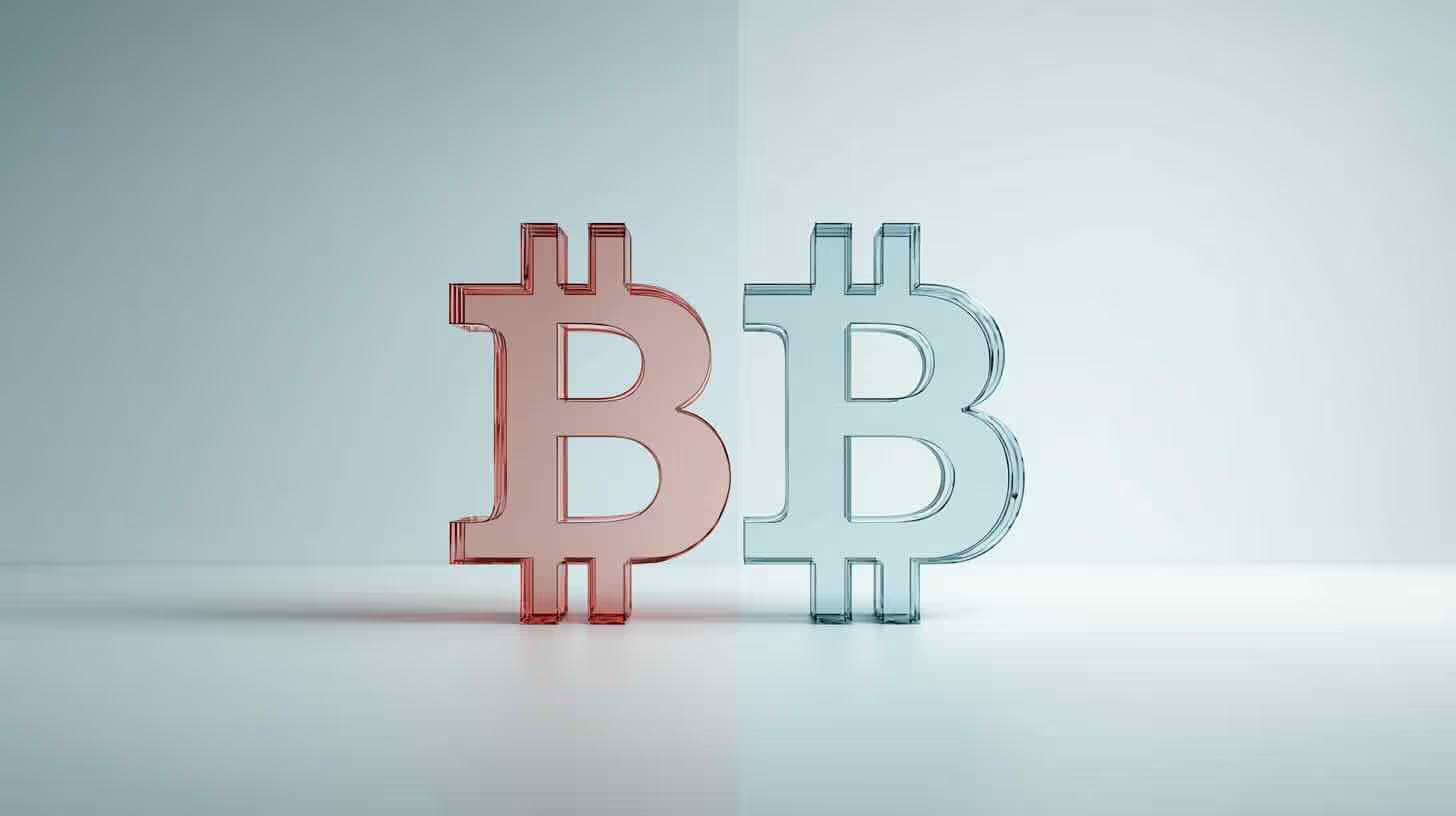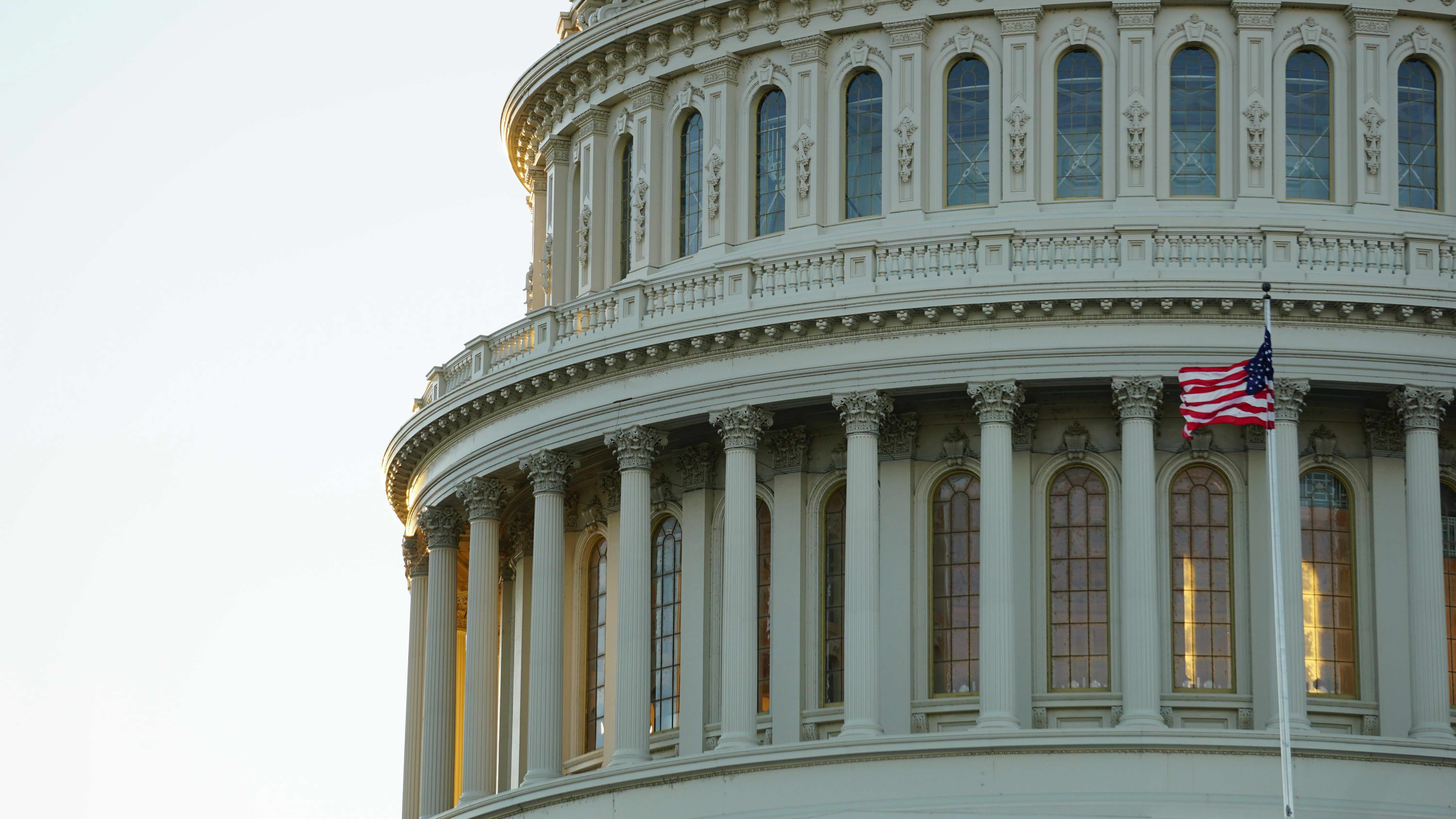Bitcoin's Bipartisan Appeal: Predicting Support for Pro-Bitcoin Lawmakers
Bitcoin appeals across party lines when framed around values: Democrats prioritize global financial freedom, Republicans energy benefits, Independents transaction rights.

In an era of deep political division, understanding what motivates voters across party lines is crucial for effective policymaking. A June 2025 Cygnal survey of U.S. general election likely voters (n=800 nationally representative sample: 43% Republicans, 39% Democrats, and 18% Independents) reveals stark differences in top priorities at the time by partisanship, setting the stage for analyzing how Bitcoin-related attitudes influence support for pro-Bitcoin lawmakers. Notably, Democrats who prioritized "Threats to Democracy" at 28%, far outpaced Republicans (3%) and Independents (22%), while economic concerns like "Inflation and Cost of Living" were a top concern for Republicans and Independents (25%).
Figure 1: Top Issues Influencing Voting Behavior by Political Affiliation

By exploring cross-tabulations of priorities and developing a logistic regression model, we analyzed how ideological framings such as Bitcoin's energy impact, the right to transact freely, and access for those in under-served countries predict voter support, offering insights for lawmakers seeking bipartisan appeal.
To delve deeper, we employed logistic regression models on partisan subsamples of 800 respondents, with support for pro-Bitcoin lawmakers as the binary dependent variable ("more likely to support" vs. "less likely"). Predictors were derived from three key questions: (1) whether bitcoin helps or hinders the U.S. energy grid, (2) the extent to which bitcoin provides financial freedom to people in countries with unstable governments or limited banking, and (3) support for individuals' right to use bitcoin for lawful purposes without government interference. Models were run separately for Republicans, Democrats, and Independents, controlling for bitcoin ownership and additional sociodemographic and attitudinal controls.

The results reveal Bitcoin's broad appeal when framed ideologically. Across all groups, positive attitudes toward these framings significantly predict support for pro-Bitcoin lawmakers. However, the strongest predictor for Democrats is the belief that bitcoin enhances financial freedom for underserved populations in unstable countries, with an odds ratio of 16.152 (p<0.001), over four times higher than for Republicans (4.358). This suggests that Democrats, who prioritize threats to democracy, resonate deeply with bitcoin's potential to empower the global vulnerable, aligning with values of equity and human rights. This insight demonstrates feasibility for Democratic lawmakers to adopt pro-Bitcoin stances, and when these stances outline the importance of bitcoin for financial freedom, the likelihood of their base voting for them increases.
Independents' support for pro-Bitcoin Lawmakers was also predicted strongest by underserved community access impact (odds ratio 6.665**). For Republicans and even more so for Independents, the most predictive variables include Bitcoin's ability to help the energy grid (Republican odds ratio = 4.687***, Independent odds ratio = 6.032*) and supporting the right to transact with bitcoin (Republicans odds ratio = 5.185***, Independents odds ratio = 5.573**). Both demonstrate a 5x yield in support for pro-Bitcoin lawmakers among Republicans and Independents.
Educating voters about Bitcoin on the issues that matter most to them is crucial to advancing both broader public acceptance and the election of pro-Bitcoin policymakers. Advocacy initiatives should prioritize value-based messaging over appeals to personal financial gain. A coordinated campaign emphasizing Bitcoin's role in financial inclusion, protection from authoritarian control, and sustainable technological innovation can appeal across party lines—helping to reduce polarization and strengthen bipartisan support for measures such as the Strategic Bitcoin Reserve and the Blockchain Regulatory Certainty Act.
In conclusion, these findings underscore Bitcoin's potential to bridge partisan divides. Policymakers across the aisle can leverage these insights to advance legislation that appeals to voters' shared values of financial freedom and democracy, with low risk of alienating their voter bases. This is especially true for Democratic lawmakers whose constituents care about global financial equity. Embracing pro-Bitcoin policies can garner enthusiastic support without alienating core priorities.



.svg)
.avif)




